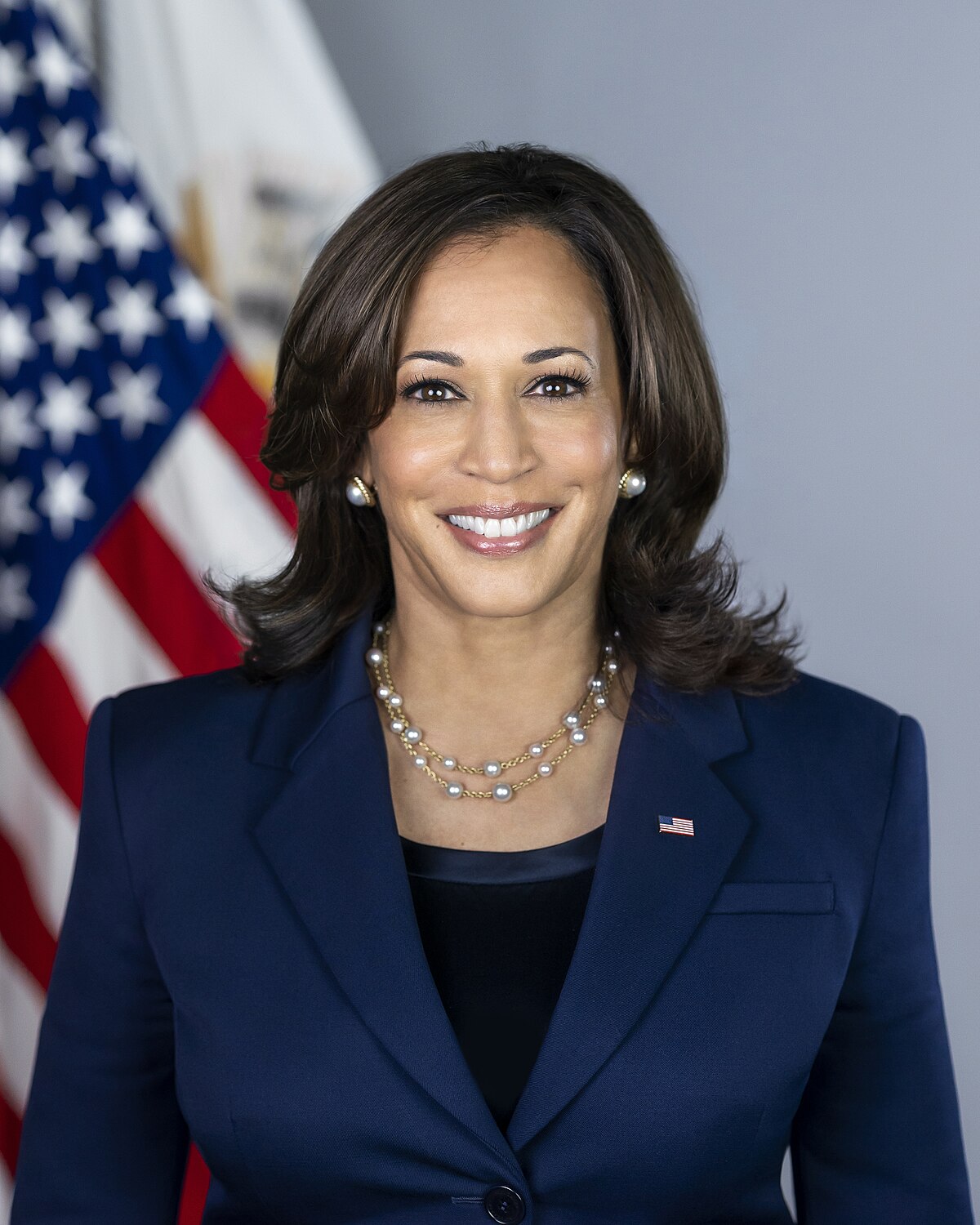House blocks Biden admin’s plastic straw ban.
The House Takes a Stand Against Plastic Straw Ban
The House of Representatives has made a bold move to prevent the Biden administration from implementing a ban on plastic straws. This measure was included in a larger spending bill that is currently making its way through Congress.
Lawmakers Pass Appropriations Bill
Last Friday, lawmakers passed the seventh appropriations bill, which allocates $34.8 billion to fund various agencies, including the Interior Department and the Environmental Protection Agency. Within this bill, Rep. John Rose (R-TN) proposed an amendment that would prohibit the Interior Department from banning the sale of plastic straws in public lands and national parks.
Pushing Back on Progressive Politics
Rep. Rose strongly criticized the Biden administration’s prioritization of progressive politics over scientific evidence. He believes that President Biden’s agenda is ineffective and unpopular. Through the appropriations process, Rose is determined to ensure that these heavy-handed approaches never become a reality.
Responding to the Biden Administration’s Plan
This legislation is a direct response to Interior Secretary Deb Haaland’s announcement in June that the Biden administration plans to phase out single-use plastics on public lands by 2032. The finalized plan, released in September, outlines strategies to reduce the distribution of single-use plastic on department-managed lands.
Debating the Environmental Impact
Rep. Rose raised concerns about the environmental impact of alternatives to plastic straws, such as paper straws. He cited a study that revealed many paper straws contain harmful chemicals. Additionally, he highlighted the dissatisfaction among Americans with paper straws due to their tendency to become soggy quickly.
A Stand Against Government Control
Rep. Rose emphasized that the American people do not want the government dictating their choice of straws. He sees his amendment as a rejection of the Biden administration’s overreach and the growing influence of unelected bureaucrats.
Criticism and Future Challenges
While the proposal received criticism from some House Democrats, it was adopted through a voice vote and included in the appropriations bill. However, it is expected to face opposition and potential changes in the Senate, making the final passage uncertain.
What will be the next steps for the provision targeting the ban on plastic straws, and how might the Biden administration’s commitment to tackling plastic pollution play a role in addressing the issue
Ent and the Environmental Protection Agency. However, what caught the attention of many was the inclusion of a provision specifically targeting the proposed ban on plastic straws.
A Controversial Move
The decision to include this provision has sparked heated debates and raised concerns among environmental activists. Supporters argue that the ban on plastic straws is necessary to combat the growing issue of plastic pollution in our oceans and landfills. They point to the fact that plastic straws are one of the most commonly found items during beach cleanups and pose a significant threat to marine life.
On the other hand, opponents of the ban argue that it infringes on personal freedom and that plastic straws only make up a small fraction of overall plastic waste. They believe that there are more effective ways to address the issue, such as improved recycling infrastructure and consumer education.
Divided Opinions
The House vote on the appropriations bill reflects the divided opinions on this matter. The provision targeting the plastic straw ban passed by a narrow margin of 220-207. Republicans largely supported the provision, while Democrats were divided on the issue. Some Democrats expressed concerns over the potential environmental impact, while others saw it as an unnecessary restriction on businesses.
Many environmental organizations have voiced their disappointment with this decision. They argue that the ban on plastic straws would have been a step in the right direction towards reducing plastic pollution. They also argue that alternative options such as paper or metal straws are readily available and would not be as harmful to the environment.
The Future of the Ban
Despite this setback, it is important to note that the appropriations bill still needs to be passed by the Senate before becoming law. It remains to be seen whether the provision targeting the plastic straw ban will survive the Senate vote.
Additionally, the Biden administration has expressed its commitment to tackling plastic pollution and has already taken steps to address the issue. This includes rejoining the Paris Climate Agreement and signing an executive order on promoting sustainable public procurement. It is possible that the administration will explore other avenues to reduce plastic waste even without a nationwide ban on plastic straws.
Conclusion
The House’s decision to include a provision targeting the proposed ban on plastic straws in the appropriations bill has stirred controversy. While some argue that the ban is necessary to address the issue of plastic pollution, others believe it is a restriction on personal freedom and ineffective in the grand scheme of plastic waste reduction. The fate of the provision and the ban ultimately rests in the hands of the Senate and the Biden administration. Regardless of the outcome, it is clear that the issue of plastic waste is far from resolved, and further actions will be necessary to protect our environment.
" Conservative News Daily does not always share or support the views and opinions expressed here; they are just those of the writer."





